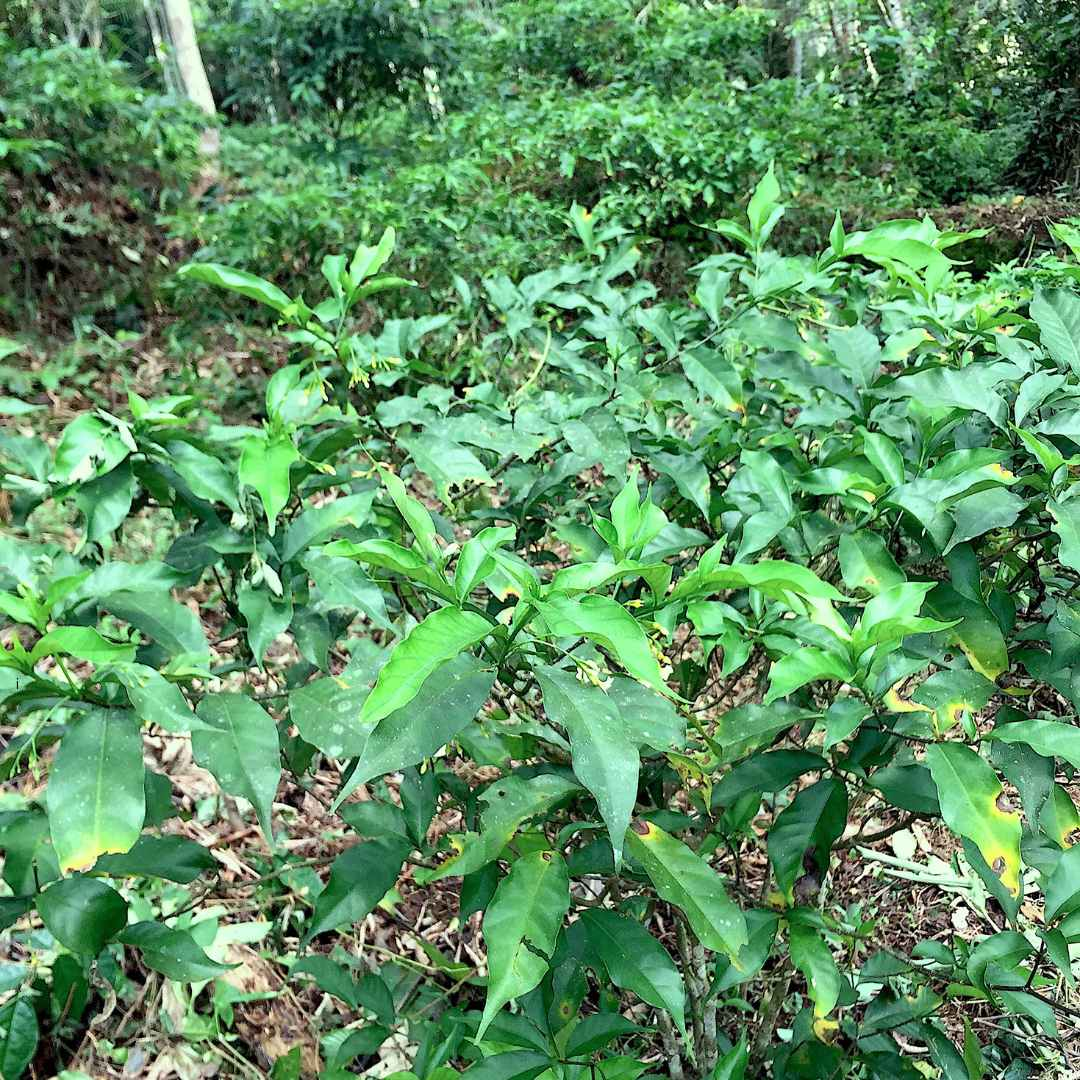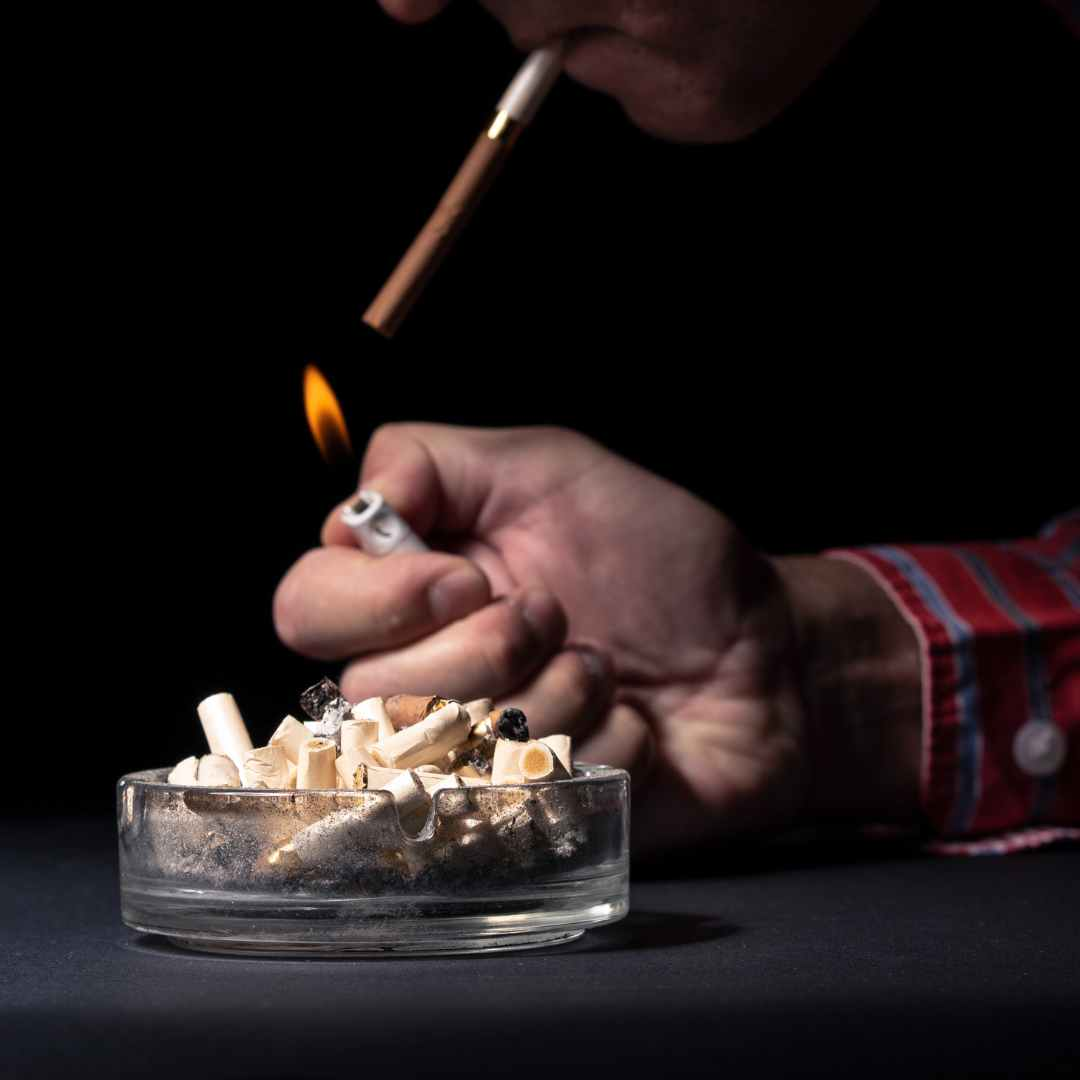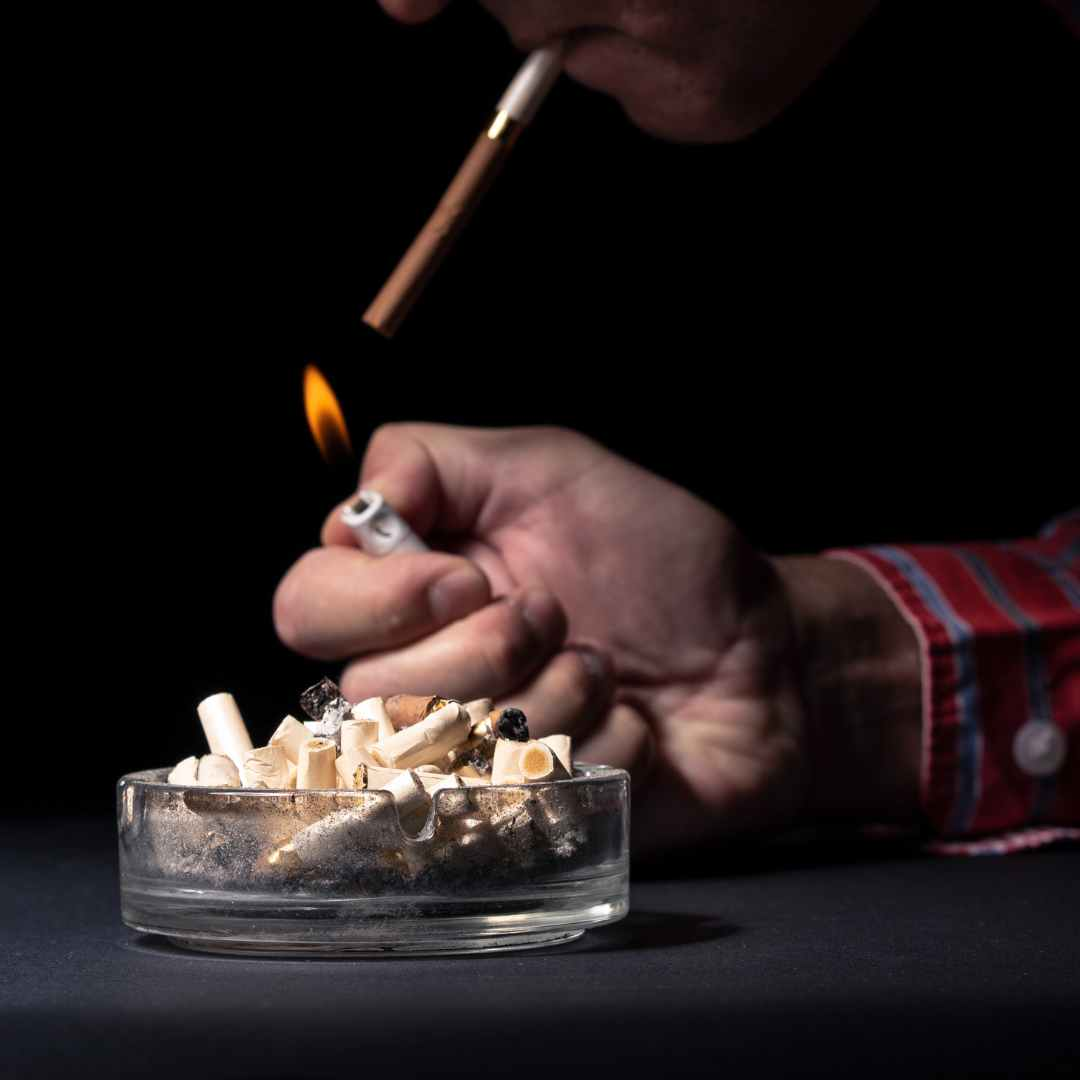Unlock the potential of ibogaine and learn about its uses, benefits, and applications in various therapeutic settings. Whether you’re seeking information for personal knowledge or research, we provide the latest insights on what ibogaine is used for, including its role in addiction treatment and mental health support.
Ibogaine, a naturally occurring psychoactive substance derived from the root bark of the Tabernanthe iboga plant, has sparked significant interest for its potential to treat various forms of addiction, particularly opioid dependence.
This comprehensive guide explores the most current medical uses of ibogaine, its effectiveness in treating drug dependence, clinical outcomes, and safety concerns, along with an overview of ongoing research and legal considerations.
As we discuss What is ibogaine used for, we will cover;
What is Ibogaine and What is ibogaine used for?

One of the major psychoactive drugs, Ibogaine, is found in the root bark of the Tabernanthe iboga plant, which is native to Central Africa.
For centuries, indigenous peoples such as the Bwiti of Gabon have used ibogaine in healing ceremonies to induce deep spiritual and psychological insights. Its psychoactive properties facilitate these profound experiences, which are now being investigated for their potential therapeutic effects in the medical community.
Traditional Use of ibogaine
In traditional settings, ibogaine has been used for its ability to produce visions and facilitate communication with the spiritual realm. This usage is often part of initiation rituals and healing practices aimed at personal transformation and spiritual growth.
Despite its potential health benefits, ibogaine is illegal in many parts of the world, including Australia, Canada, and most European countries, as well as all states in America except Vermont, where it’s only legal to buy from licensed clinics.
If you want to know the different forms of iboga, we have a great article titled “Iboga Root Bark vs. Iboga TA vs. Ibogaine HCL: Which to Choose?“
Medical Use of Ibogaine
Ibogaine Therapy for Treating Drug Dependence
One of the most promising medical applications of ibogaine is in the treatment of addiction. Ibogaine therapy involves administering the substance under medical supervision to help patients detoxify from drugs, particularly opioids.
This process, known as ibogaine-assisted detoxification, has shown significant potential in reducing withdrawal symptoms and cravings, offering a unique approach to addiction treatment.
Mechanism of Action
Ibogaine’s mechanism of action is complex and involves multiple neurotransmitter systems. It acts on the serotonin transporter, among other receptors, to modulate mood and reduce the compulsion to use addictive substances. By influencing these pathways, ibogaine can disrupt the cycle of addiction and facilitate a more manageable detoxification process.
Clinical Evidence and Outcomes
Efficacy in Opioid Addiction
Ibogaine has shown considerable efficacy in treating opioid addiction, which is one of the most challenging dependencies to overcome. Clinical trials and retrospective studies indicate that ibogaine can significantly reduce opioid withdrawal symptoms and cravings.
Patients often report long periods of abstinence following their ibogaine treatment outcomes, which suggests a potential for ibogaine to be a valuable tool in combating the opioid crisis.
Application in Other Forms of Substance Dependence
Beyond opioids, ibogaine has also been effective in treating other forms of substance dependence, including heroin addiction, cocaine, and alcohol addiction. Its ability to induce introspection and interrupt addictive behaviors makes it a powerful tool for addressing various types of addiction.
Improved clinical settings to reduce withdrawal symptoms
Ibogaine has been used in a clinical setting to reduce withdrawal symptoms in those with chronic addictions to opioids, cocaine, and methamphetamine.
This can be a helpful treatment option for people who are unable to stop taking these substances on their own or for those who have struggled unsuccessfully for years without success
It appears that treatment with ibogaine reduces the psychological cravings that lead to continued drug use after detoxification from an initial period of abstinence. Studies are currently underway to determine if ibogaine might be more effective than conventional treatments when treating opioid dependence.
Ibogaine reverses neuroadaptation
Ibogaine is thought to be working through its ability to reverse neuroadaptation. Neuroadaptation occurs when the brain develops a physical dependence on drugs, leading to cravings for them and withdrawal symptoms when they are not present in the body.
Ibogaine’s effects may be similar to those of other anti-addiction medications because it reduces cravings for drugs and alcohol. Still, some key differences make ibogaine unique from other drug treatments.
For example, opiates typically do not cause physical withdrawal symptoms like heroin or morphine; instead, users experience psychological cravings for these substances because of their addictive properties.
However, ibogaine can help alleviate withdrawal symptoms by reducing cravings for heroin or prescription painkillers like oxycodone or hydrocodone. In addition to being effective at treating addiction issues related specifically to opiates (like heroin), ibogaine has also been shown to be effective against nicotine addiction. This highly addictive substance is harder than alcohol or opioids when it comes to quitting cold turkey!
Ibogaine produces long-term changes in behavior
Ibogaine’s ability to reduce drug cravings is thought to result from its reversal of neuroadaptation. Ibogaine prevents this process from occurring by blocking NMDA receptors and preventing dopamine reuptake, which prevents neurons from becoming desensitized to dopamine release.
In addition to curbing withdrawal symptoms, ibogaine acts on drug-specific neuroplasticity to produce long-term changes in behavior
Post-Acute Withdrawal Syndrome (PAWS) can be reduced by ibogaine
Ibogaine is a long-term solution to addiction. It can help people stay clean for up to three years after a single dose of treatment, and it’s also been used successfully to treat addiction to alcohol, methamphetamine, cocaine, and even nicotine.
That last one might sound strange—after all, ibogaine is known for its psychedelic properties—but it turns out that the drug can reduce cravings for many different kinds of drugs.
As such, it could be hugely useful in treating people with addictions who aren’t interested in abstinence from their drug of choice but only want help curbing their cravings so they don’t have to use as much of it.
Ibogaine reduces cravings for nicotine

One of the most common uses for ibogaine is to help people overcome nicotine addiction. Ibogaine reduces cravings for nicotine and allows users to quit smoking without experiencing withdrawal symptoms.
Nicotine dependence is a chronic condition that affects 1 billion people around the world. It causes serious health problems and can lead to death if it goes untreated.
Ibogaine may be able to reduce cravings for alcohol, too
Ibogaine has also been shown to reduce cravings for alcohol, likely by affecting both psychological and biological factors. Cravings for alcohol are driven by a combination of psychological and biological factors.
Ibogaine can help with both aspects: it changes the way you think about drinking, making it less appealing; at the same time, ibogaine reduces the number of receptors that bind to serotonin in the brain. This makes it harder for you to become addicted in the first place.
The good news is that ibogaine has been shown to help people with opioid addictions achieve recovery from their addictions and stay clean for up to three years after taking it just once.
In 2017, the National Institute on Drug Abuse reported that there were over half a million opioid overdose deaths in the United States alone between 2010 and 2016, and it’s estimated that 100 people die every day from an opioid overdose in America alone. So, finding effective treatment options like this one is more important than ever!
Ibogaine works best, especially when combined with psychological therapy
The most important thing to remember about ibogaine is that it is not a magic bullet. It’s not going to cure your addiction instantly, but it can help you recover from the addiction and start working on the root issues that led you down this path in the first place.
Ibogaine is not a cure for opiate addiction—it only helps people get clean so they can begin addressing their psychological issues surrounding addiction.
But all of these things should be done under supervision by trained professionals who have experience working with addicts and understand how to treat them while they’re struggling with withdrawal symptoms (which can last anywhere from two days to two weeks).
Essentially, ibogaine produces a resetting of the brain’s reward system
This occurs by reducing dopamine levels and serotonin levels in the brain. Ibogaine also reduces norepinephrine levels in the brain. Dopamine is a neurotransmitter that activates the “pleasure center” in our brains to trigger feelings of happiness and euphoria when we do something enjoyable (e.g., eating food or having sex).
When we use drugs or alcohol, they stimulate excess amounts of dopamine to be released into our system, which helps intensify these pleasurable feelings even more than normal – essentially causing an artificial high.
Over time, however, as you continue to use these substances often enough, they will eventually cause damage or alterations to this neurotransmitter function, which can lead to addiction symptoms such as cravings for more substance use despite negative consequences occurring from continued drug use (elevated heart rate/blood pressure; decreased appetite; impaired judgment).
Iboga addresses the underlying reasons for your addiction
Iboga is a powerful psychedelic. It is used in a clinical setting to treat addiction and has been shown to help people with opioid addictions achieve recovery from their addictions and stay clean for up to three years after taking it just once.
Not only does iboga erase the memory drivers of drug addiction, but it also seems to address the underlying reasons that caused the person to turn to drugs or alcohol in the first place.
Safety and Side Effects of Ibogaine
Ibogaine, despite its potential therapeutic benefits in treating addiction, is associated with several serious safety concerns. Understanding these risks is crucial for anyone considering ibogaine treatment or involved in its research and clinical application.
Potential Risks and Side Effects
Cardiac Complications Ibogaine has been associated with significant cardiac risks, including arrhythmias and prolonged QT intervals. These conditions can lead to severe outcomes such as heart attacks or sudden cardiac arrest. The substance’s impact on the heart is one of the most critical safety concerns, necessitating careful cardiovascular monitoring before, during, and after treatment.
Neurological and Psychological Effects The psychoactive nature of ibogaine means that it can induce intense psychological experiences, which can be distressing for some individuals. These experiences can range from vivid hallucinations to profound emotional and psychological introspection. While these effects are often considered therapeutic, they can also lead to anxiety, confusion, and disorientation, particularly in individuals with pre-existing mental health conditions.
Gastrointestinal Issues Common side effects of ibogaine ingestion include nausea and vomiting, which can be severe in some cases. These symptoms are typically transient but can lead to dehydration and electrolyte imbalances if not managed properly.
Neurological Toxicity High doses of ibogaine or inappropriate dosing can lead to neurotoxicity. This includes symptoms such as tremors, ataxia (loss of control of body movements), and even seizures. These effects underscore the importance of precise dosing and close monitoring during treatment.
Drug Interactions Ibogaine can interact with other medications and substances, potentially leading to adverse effects. For example, combining ibogaine with drugs that affect the heart or central nervous system can exacerbate its side effects. Patients need a thorough medical evaluation to avoid dangerous drug interactions.
Risk of Fatalities While fatalities are rare, they have been reported in association with ibogaine treatment. Most fatalities are linked to pre-existing health conditions, particularly cardiac issues, improper dosing, and lack of medical supervision. This underscores the critical need for comprehensive pre-treatment screening and adherence to safety protocols.
Variable Individual Responses The effects of ibogaine can vary significantly between individuals. Factors such as genetic makeup, overall health, and the presence of other medical conditions can influence how a person responds to ibogaine. This variability necessitates a personalized approach to treatment, with careful consideration of each individual’s unique health profile.
Legal Status and Regulation
Global Legal Landscape

The legal status of ibogaine varies widely across the globe. In some countries, ibogaine is classified as a controlled substance, making its use and distribution illegal. In other jurisdictions, it is unregulated or falls into a legal gray area, allowing for its use in private clinics or for research purposes under specific conditions.
United States: In the U.S., ibogaine is classified as a Schedule I substance under the Controlled Substances Act, indicating that it has a high potential for abuse and no accepted medical use. This classification severely restricts research and clinical use.
Canada and Mexico: In Canada, ibogaine is not approved for medical use but is not classified as an illegal substance, allowing for some underground treatment. In contrast, Mexico has seen a rise in clinics offering ibogaine treatment, as the substance is legal and unregulated there.
Europe: Ibogaine’s legal status varies by country. In some countries, like Portugal, it is used in treatment settings under medical supervision. In others, like the United Kingdom, it is illegal.
Africa: In Gabon, where the Tabernanthe iboga plant is native, ibogaine is legal and used in traditional and spiritual practices. This cultural acceptance contrasts sharply with the regulatory approach in many other parts of the world.
Regulatory Challenges and Research
The current legal restrictions on ibogaine present significant barriers to research and clinical practice. Conducting clinical trials, which are essential for establishing the safety and efficacy of ibogaine, is complicated by legal hurdles and a lack of funding due to its Schedule I classification in many countries.
Ongoing research is focused on:
Safety Protocols: Develop standardized safety protocols to minimize the risks associated with ibogaine treatment, including guidelines for cardiovascular monitoring and psychological support.
Efficacy Data: Gathering robust clinical data to demonstrate the efficacy of ibogaine in treating various forms of addiction. Positive outcomes from such studies could support efforts to reclassify ibogaine as a medication with recognized therapeutic benefits.
Alternative Treatments: Investigating non-psychoactive derivatives of ibogaine that may offer similar benefits without the associated risks. These derivatives could potentially provide a safer alternative for treating addiction.
Education and Training: Providing education and training for healthcare providers to administer ibogaine and manage its potential side effects safely. This includes understanding the legal implications and ensuring informed consent from patients.
Moving Forward
The future of ibogaine in medical practice hinges on the balance between its therapeutic potential and the risks associated with its use. While the challenges are substantial, the ongoing efforts in research, regulation, and clinical practice are paving the way for a more informed and potentially safer application of ibogaine in treating addiction.
By addressing safety concerns, refining treatment protocols, and navigating the complex legal landscape, the medical community can work towards unlocking the full potential of ibogaine as a transformative treatment for addiction.
Conclusion
Ibogaine is a powerful and effective treatment for addiction, but it’s not a magic bullet. Like any other form of therapy, ibogaine must be used in combination with other therapies to be the most effective.
It should also be noted that ibogaine doesn’t work for everyone, as some people have reported experiencing negative effects after taking it.
Still, if you or someone you know is struggling with drug or alcohol addiction and wants to try something new, iboga could be just the thing they need to get clean once and for all!
If you’re exploring this route, you can find Ibogaine for sale from trusted sources like we are, but it’s crucial to consult with experienced professionals to ensure safety and efficacy.


